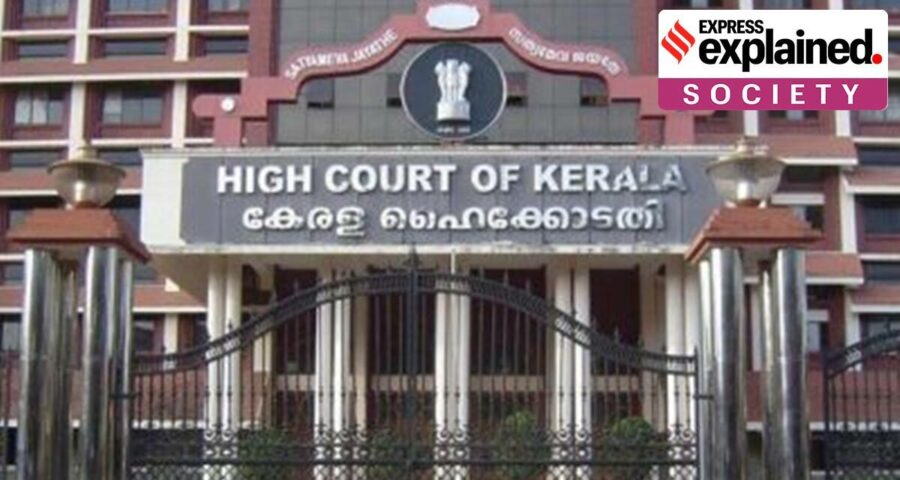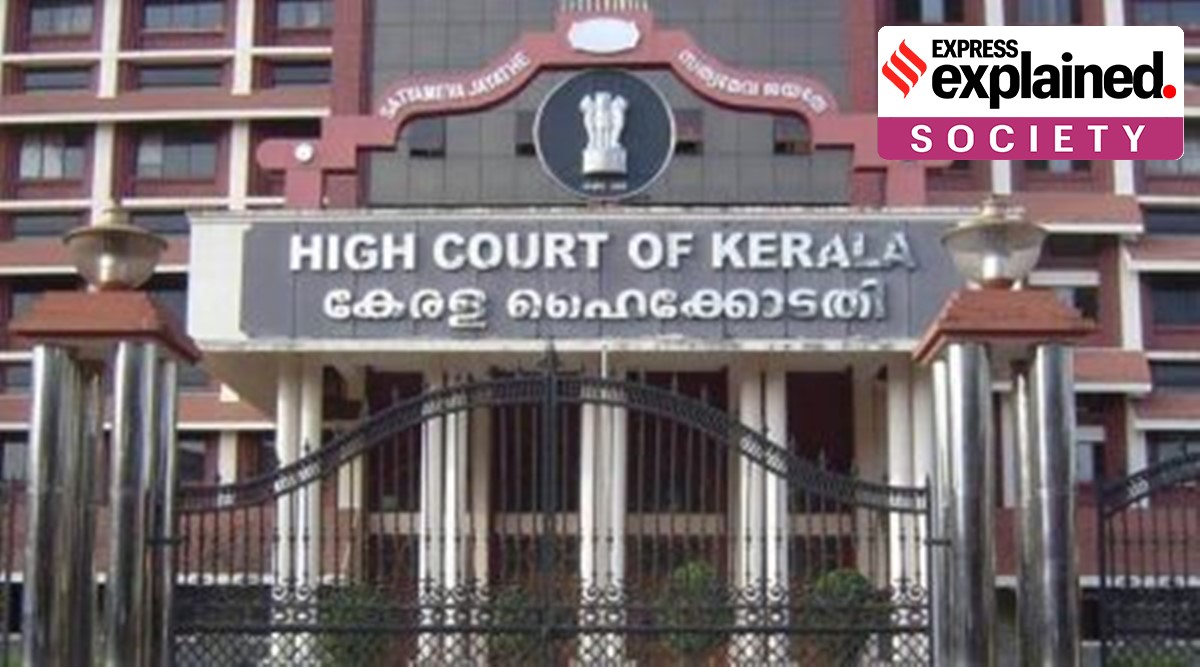The judgment is another significant step in a state which is already ahead of others when it comes to its trangender policy.
The Kerala High Court on Monday allowed a transwoman to apply for enrolment into the National Cadet Corps (NCC) in the senior girls division as per her self-perceived gender identity in a landmark judgment. The judgment is another significant step in a state which is already ahead of others when it comes to its trangender policy.
What is the case about?
A writ petition had been filed last year by Hina Haneefa, a student at the University College in Thiruvananthapuram, opposing her exclusion from the NCC unit at the college on the basis of her gender. The petition challenged Section 6 of the National Cadet Corps Act, 1948 which only allows either ‘male’ or ‘female’ cadets.
The petitioner argued that the ‘inclusion of sexual minorities like transgender persons’ is important to address the ‘rampant marginalisation and discrimination’ that they face. Haneefa has undergone two sex reassignment surgeries and has an identification card under Kerala’s transgender policy.
In November last year, when the Centre told the High Court that transgender persons cannot be allowed into the NCC as there is no provision for the same, the court took exception to the position and stressed that it goes contrary to Kerala’s Transgender Policy and other applicable statutes. The court also told the university authorities to keep a seat vacant for Haneefa till the disposal of the writ petition.
What is today’s Kerala High Court judgment?
A single bench of Justice Anu Sivaraman said the fact that NCC Act does not recognise the third gender or that detailed guidelines are required to be drawn up for integration of persons of the third gender into the armed forces or the NCC cannot be a justification to deny the petitioner’s entry into the NCC. The judge said the provisions of the NCC Act, 1948 cannot preclude the operation of the Transgender Rights Act, 2019.
“I’m of the opinion, the petitioner is entitled to enrol in the NCC Senior Girls Division. The denial of enrolment is unsustainable. The petitioner will be entitled to participate in the selection process on the basis of her application. If she is successful, the petitioner will be enrolled in NCC unit,” the judgment read.
The High Court also ordered the NCC to amend Section 6 of the Act within six months so that the law offers equal opportunities for everyone.
What is Kerala’s Transgender policy?
Kerala was one of the first states in the country to formulate and implement a welfare policy for transgender persons in 2015 under the previous UDF government. The move followed the Supreme Court verdict in 2014 in which the right to equality and equal protection for transgender persons under articles 14, 15 and 16 was upheld and the bracket of a ‘third gender’ allotted to transgender persons.
A Transgender Justice Board, aimed to monitor and address concerns where necessary in the implementation of the policy, was formed. Under the ambit of right to equality, the policy asked for all government offices and public functionaries to extend non-discriminatory treatment to transgender and help provide them with easy access to education, health, transport and social security. Providing free legal aid to those fighting discrimination, recording statistics at the local police station level for crimes against transgenders, a 24×7 helpline and crisis management centre, a monthly pension scheme for destitutes and those above the age of 55 and establishing shelter homes were some of the policy promises.
The outgoing LDF government was praised for providing allowance to transgenders for sex-reassignment surgeries. For those undergoing surgeries, an allowance of Rs 5 lakh would be given by the government. In fact, in 2017, the Medical College Hospital in Kottayam district opened a clinic that catered exclusively to transgender persons.
In 2018, the government decided to set aside two additional seats for all transgender applicants for courses in universities and arts and science colleges under it. There is also a literacy aid programme for transgender under which a monthly scholarship of up to Rs 1,250 and shelter home accommodation is provided.
But at the same time, the state has continued to report incidents of violence against the community, often even resulting in deaths. In 2019, Shalu, a 35-year-old transwoman, was found dead near a bus depot in Kozhikode city, an act that activists strongly suspected as murder. Two years earlier, Gauri, another transwoman, was found dead near a private college in Aluva in Ernakulam district.
Source: Read Full Article


